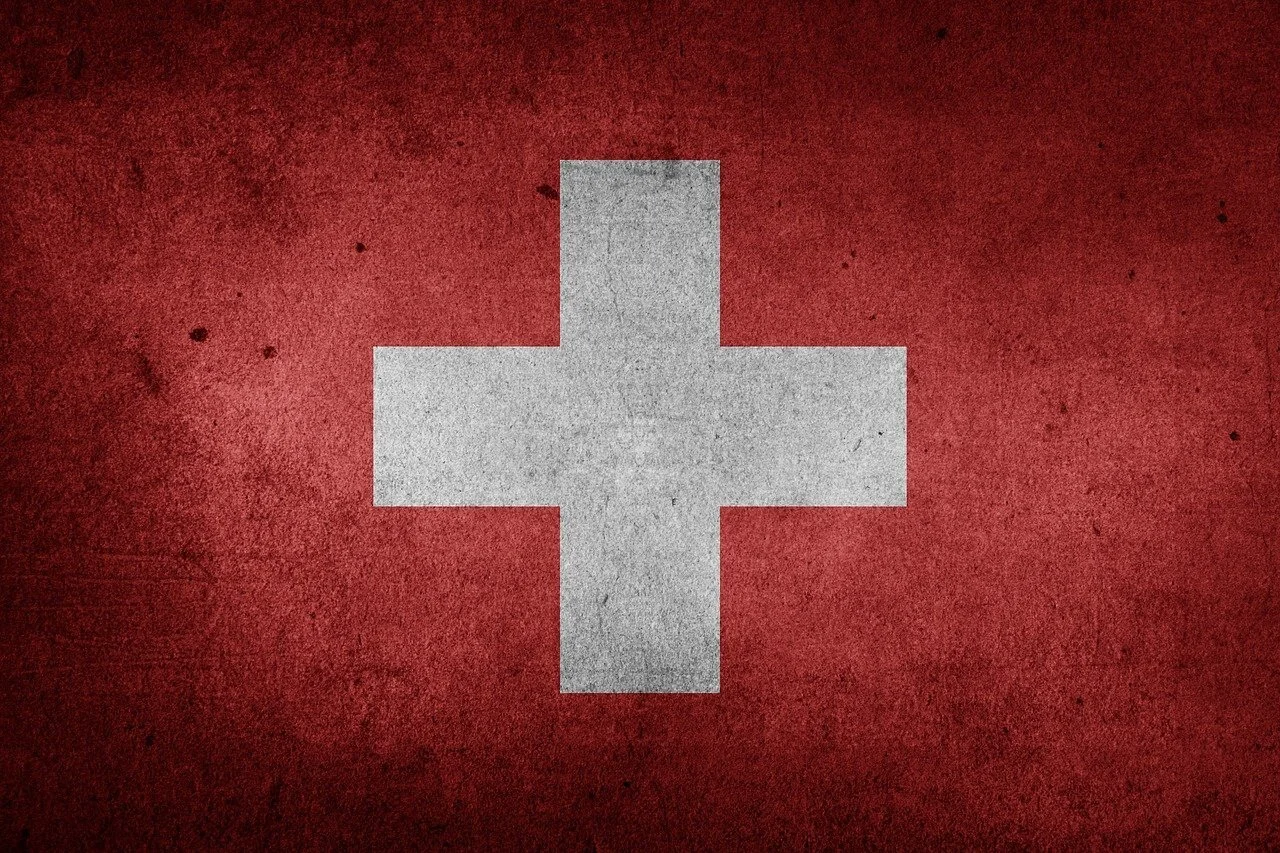
Switzerland’s Neutral Stance: A Longstanding Tradition or a Fading Ideal?
For the past many years Switzerland had a long history of staying neutral and not supporting any country during wars and Military neutrality is central to Switzerland’s national identity. The term “playing Switzerland” is universally used to mean staying out of a dispute.
No other people have upheld this tradition as long as the Swiss, who have even included this tenet in their Constitution. Yet, over the past some times, the Swiss have been asking themselves sensitive questions about their fabled neutrality within the context of the Ukrainian crisis.
How it came into being?
Many scholars maintain that the origins of Switzerland’s neutrality date back to 1515. That year, roughly 10,000 Swiss lost their lives fighting the French in the 16-hour Battle of Marignano, forcing the Old Swiss Confederacy to abandon its expansion into Italy.
Perched between France, Prussia, and Austria, the Swiss concluded that their interests would be best served by staying neutral in European conflicts while avoiding the risks of being on the losing side in any war.
Then the 1815 Congress of Vienna, the Treaty of Paris in 1815, and the Hague Convention of 1907 further institutionalised, recognised, and defined Switzerland’s neutral status.
During world wars
Switzerland maintained its impartial stance through World War I, when it mobilized its army and accepted refugees but also refused to take sides militarily. In 1920, meanwhile, the newly formed League of Nations officially recognized Swiss neutrality and established its headquarters in Geneva.
A more significant challenge to Swiss neutrality came during World War II, when the country found itself encircled by the Axis powers.
While Switzerland maintained its independence by promising retaliation in the event of an invasion, it continued to trade with Nazi Germany, a decision that later proved controversial after the war ended.
Post world war
Since World War II, Switzerland has taken a more active role in international affairs by aiding with humanitarian initiatives, but it remains fiercely neutral with regard to military affairs.
It has never joined the NATO or the European Union, and only joined the United Nations in 2002, but it participates in NATO military exercises.
Despite its longstanding neutrality, the country still maintains an army for defense purposes and requires part-time military service from all males between the ages of 18 and 34
From Neutrality to Action
For centuries, Switzerland believed that its neutrality strengthened its country’s security. Today they wonder if it is still possible to achieve this goal.
Ultimately, the Russo-Ukrainian war even sparked this debate in Switzerland, which says a lot about the extent to which the Ukraine crisis has fundamentally changed Europe’s security architecture and Europeans’ understanding of it.
Recently during Russian invasion of Ukraine Switzerland decided to join European union in imposing sanctions on Russia and Oligarchs which are close to Putin and also decided to close it is airspace for flights from Russia. This is a significant move as Switzerland is set to break its many centuries old tradition.

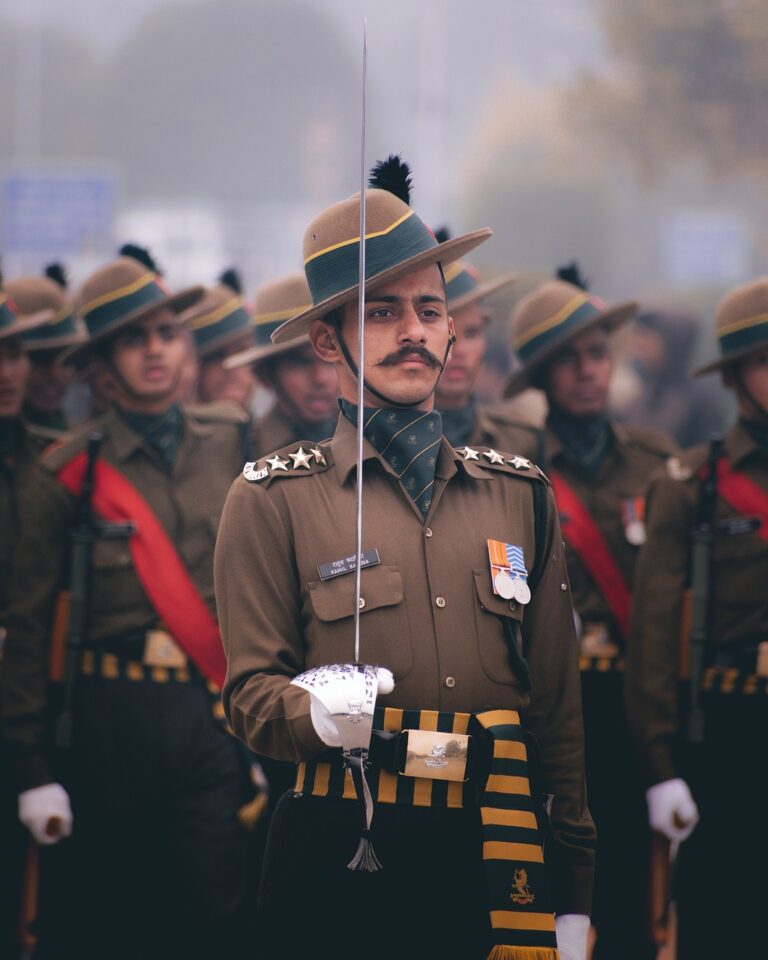
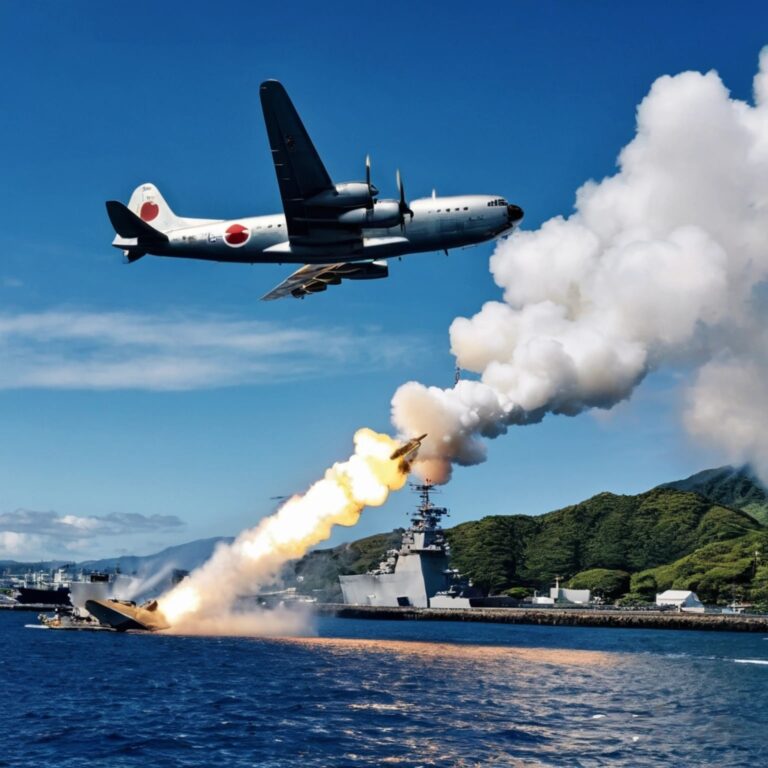
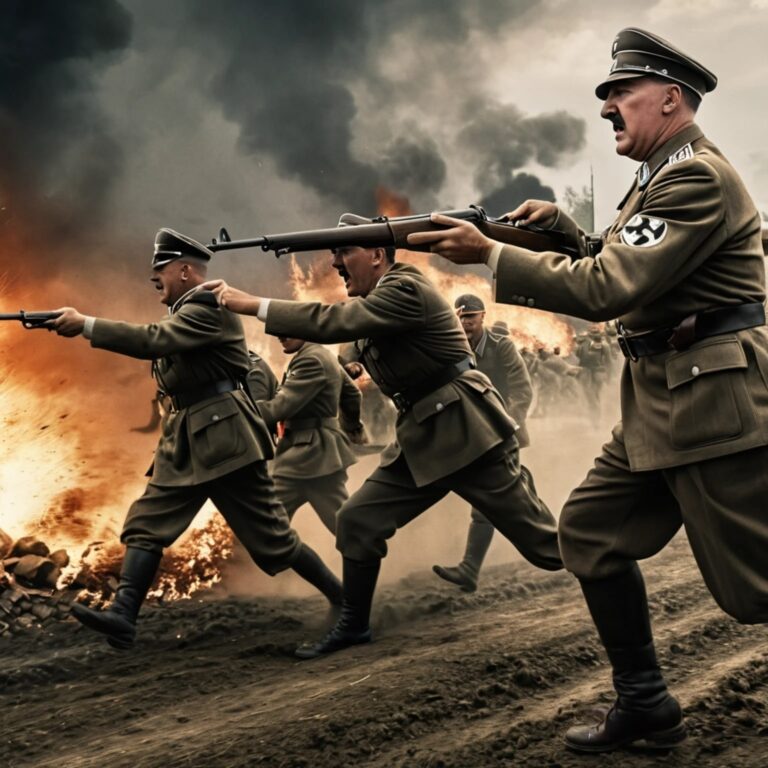
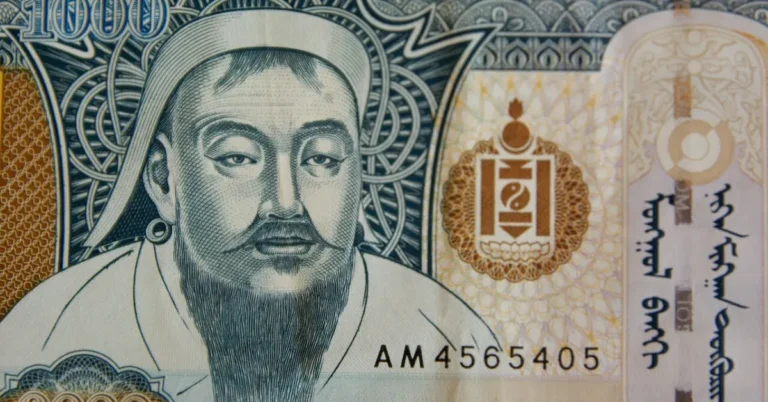
I just like the helpful information you provide in your articles